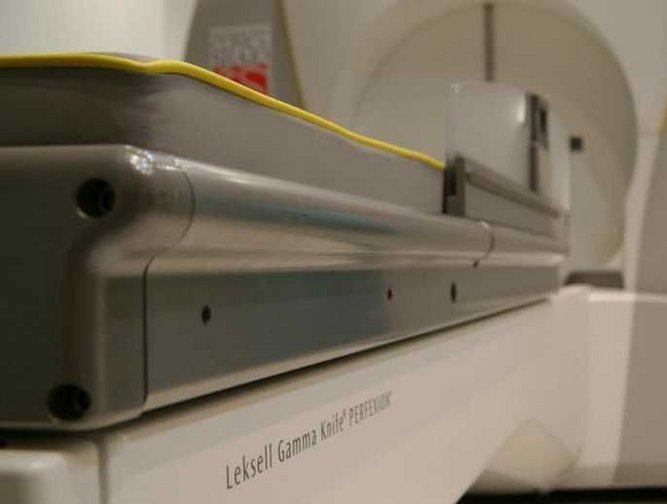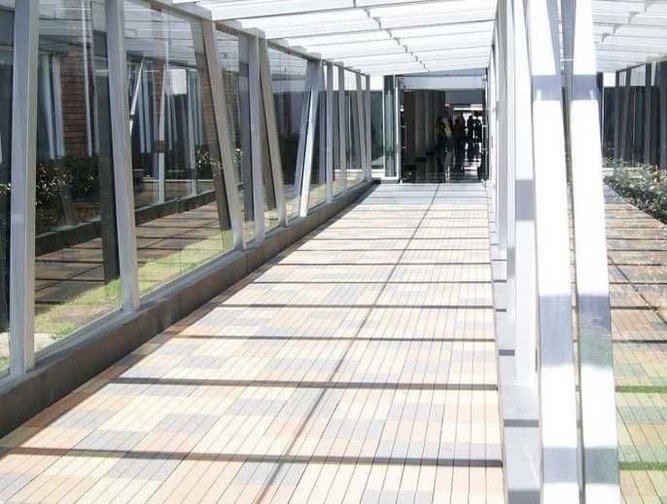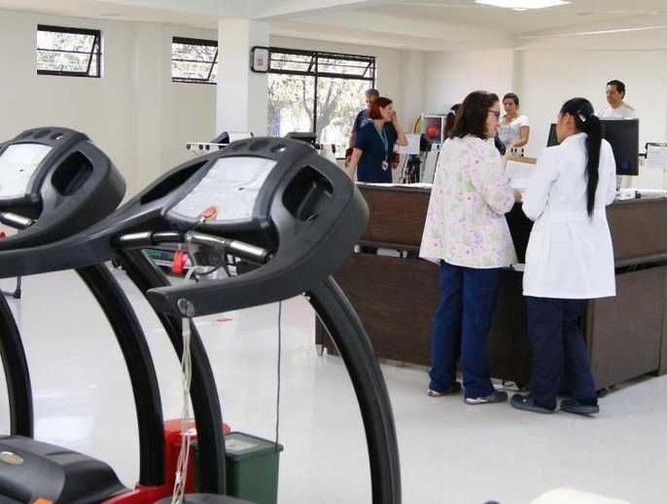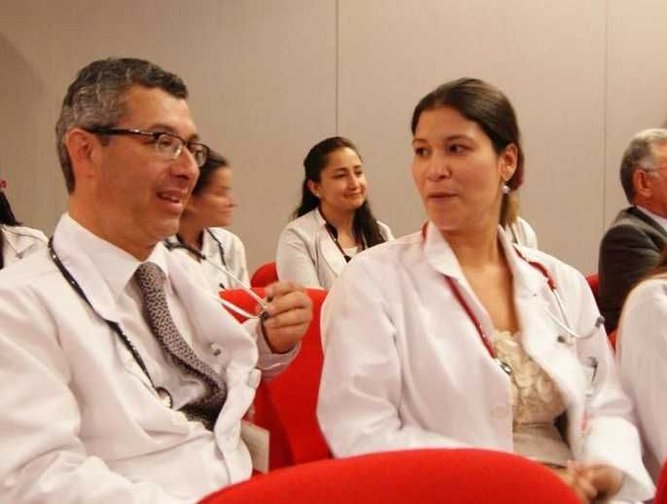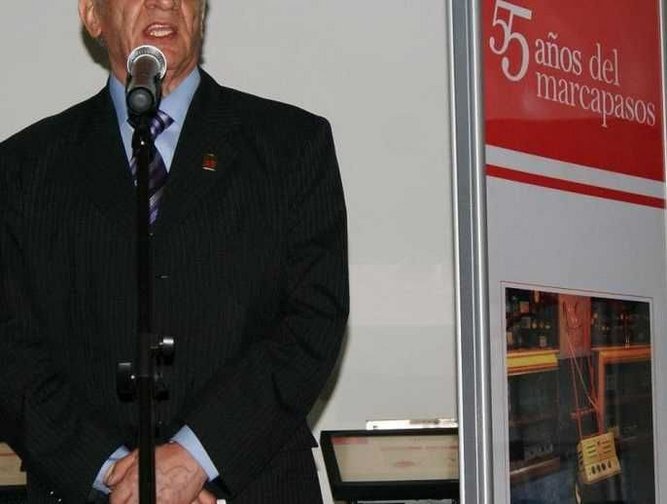
Clínica Shaio Foundation
Clinic differentiators
In its 60 years of existence, Shaio clinic has built a strong tradition in medicine. This tradition is one that clearly differentiates itself from the competition. The clinic’s differentiators are its specialization in cardiovascular procedures, its strength in education and research, and its “group” approach to treating patients suffering from cardiovascular disease.
“Since its origins the clinic devoted itself to all things cardiovascular and it has always sought, led by technological development, for our surgeries to be as least invasive as possible. We may be characterized by how we’ve always sought to perform high-complexity surgeries with the least invasion possible,” explained Gilberto Mejia, Scientific Director of the Clínica Shaio Foundation
The foundation understands that the practice of medicine and quality education go hand in hand. This is why it has built strong relationships with the local academic community.
“[The second differentiator] is also a foundational principle of the clinic. It is strength in research and education. We have partnerships with more than 18 universities which we help educate a variety of health care professionals,” added the director.
This institution is also innovative in how it cares for and relieves patients. While at a conventional clinic the patient faces his physician alone, and by turn, the physician faces her patient alone, at Shaio they practice a “group” medicine.
“Another differentiator is that the treatment of cardiovascular illness is treated as a group. It’s not one specialist who cares for a patient. Instead, a group does it. The group follows one standard operating procedure. Our patients don’t come to a single physician but they come to a group of specialists who follow a single operating procedure. It’s a group medicine and it has better results,” explained the scientific director.
Dialogue with the world
In July of 2015 the 20th World Congress on Heart Disease will take place. Clinica Shaio’s goal for that event is to evaluate its national practice of cardio care through a dialogue with key global players and innovators.
“Considering the caliber of specialists that will attend the congress, we purport to compare Colombian cardiology with world cardiology,” asserted Mejia.
In its relationship with health insurance companies, Shaio confronts the problem of the high cost of using state-of-the-art medical equipment. However, as a health organization, Shaio understands that in the long-term, using high technology costs less.
“The relationship with the insurers is always difficult because, as a first-tier institution, where high technology is deployed, they always associate this to high costs. Therefore, what we attempt to do in partnership, and what we’ve achieved, is to show the insurers that the use of high technology is not synonymous with high costs. We try to show that when high technology is used right it will ameliorate the disease, increase quality of life and decrease the cost of caring for the disease. True, using high technology is more expensive per event but caring for the disease costs less when tools are used properly and when the right tools are used,” stated Mejia.
Mejia asserted that the corollary of the digitalization of medicine is more effective treatments and interventions. An example of this digitalization is the integration of diagnostic images onto one computer. According to Mejia, this type of integration allows the physician to perform more objective and timely diagnoses, which express themselves as expedited and more appropriate surgeries. This is one way in which the clinic capitalizes on medical digital technologies.
Social commitment
As a non-profit organization, the clinic reinvests all of its earnings in three areas: technology, training and social responsibility programs. One of these programs, Corazon Colombia, battles the problem of congenital heart disease.
Corazón Colombia is a foundation program that operates on children who have no resources or don’t have easy access to the social security health care system. The clinic operates on their congenital cardio pathologies. It began in 2003. To date, it has operated on more than 750 children and diagnosed more than 2,500.
“They bring children from all over the country, completely free. Their congenital heart diseases are treated and then they’re returned to their hometowns,” indicated the director.
Another program is Corazón Saludable and it is preventive medicine. The project aims to impart health education using a health event as the point of departure. This means that if a patient has had an event, their family is at risk. The people she lives with are at risk because, possibly, they have the same habits.
“Through the program we teach them which habits they must modify to achieve better cardiovascular health,” asserted Mejia.
The Partial Plan for Urban Renovation
The aforementioned programs show that Clinica Shaio’s interests go beyond its four walls. In the far future—the next fifteen years—the clinic will participate in a partnership that will transform the entire neighborhood that surrounds it.
The clinic managed to win a “Partial Plan for Urban Renovation.” It’s an urban instrument furnished by the city, and it will transform the clinic and its surroundings into a comprehensive medical complex.
“This will allow us to reform our entire infrastructure, creating larger, safer, more comfortable spaces. The clinic itself will not grow much but it will improve its services in regards to space and access,” added Mejia.
This fifteen year plan is a completely new conceptualization to build a health center, on which will be a new clinic, including education, medical and research buildings, and even a hotel.
